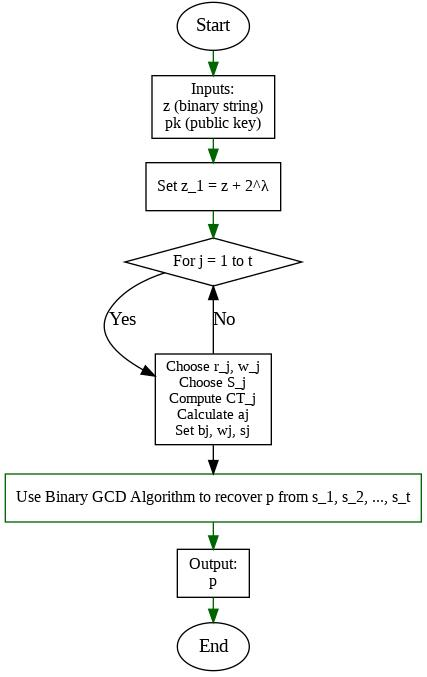Study on A Proposed Scheme for Generating Inverted Encryption Index Structure Based on Public Homomorphic Encryption
DOI:
https://doi.org/10.17762/ijcnis.v15i4.6350Keywords:
Data Privacy, Multi-user Environments, Homomorphic Encryption, Indexing, Secure Information RetrievalAbstract
This research article focuses on the formidable challenge of efficiently searching through encrypted data in cloud environments, particularly as an extended number of users adopt encryption for their sensitive Information. The inverted index has proven to be a robust and effective searchable index structure in this context. However, striking a balance between preserving user privacy and enabling conjunctive multi-keyword searches remains a significant hurdle for existing solutions. In response to this challenge, the authors propose an innovative public-key-based encrypted file system. This system follows conjunctive multi-keyword searches but also eliminates the restrictive one-time-only searching limitation that has been a drawback in previous approaches. The proposed solution goes beyond conventional methods by safeguarding the search pattern, a critical aspect of user privacy. Their approach involves the integration of a probabilistic trapdoor- generating mechanism, adding an extra layer of security. To fortify their technique and adhere to more stringent security standards, the authors introduce an oblivious transmission control mechanism. This mechanism enhances the overall security posture of the system, ensuring robust protection against potential threats. The simulation results presented in the article demonstrate the practical proposed technique in real-world applications. Despite the additional security measures, the approach incurs reasonable overhead, making it a viable and efficient solution for cloud-based encrypted data searches.
Downloads
Published
How to Cite
Issue
Section
License
Copyright (c) 2024 International Journal of Communication Networks and Information Security (IJCNIS)

This work is licensed under a Creative Commons Attribution-NonCommercial-ShareAlike 4.0 International License.




